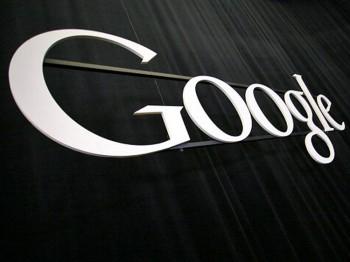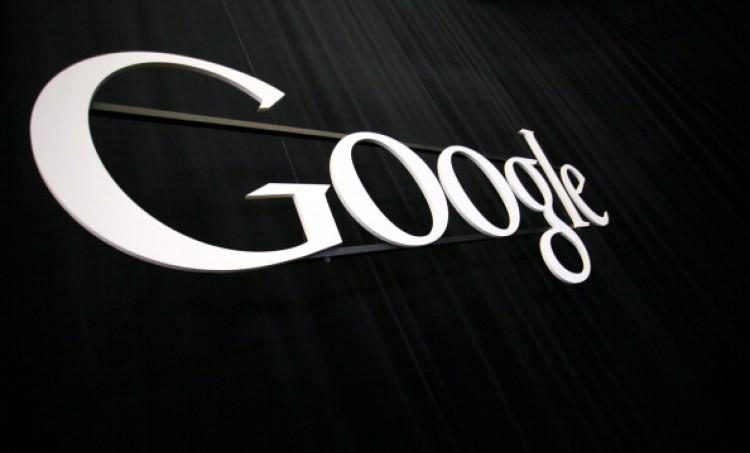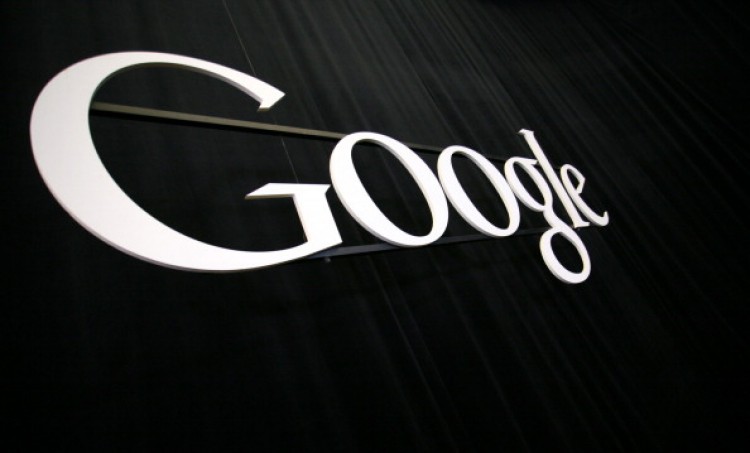Google Battles Age, Rivals, and Accusations
Google Inc., the web giant of search engine companies turned technology conglomerate, has run several rough patches in the past few months amidst continuous growth and ambitious development.

The Google logo at the Google headquarters in Mountain View, California. Kimihiro Hoshino/AFP/Getty Images
|Updated:



